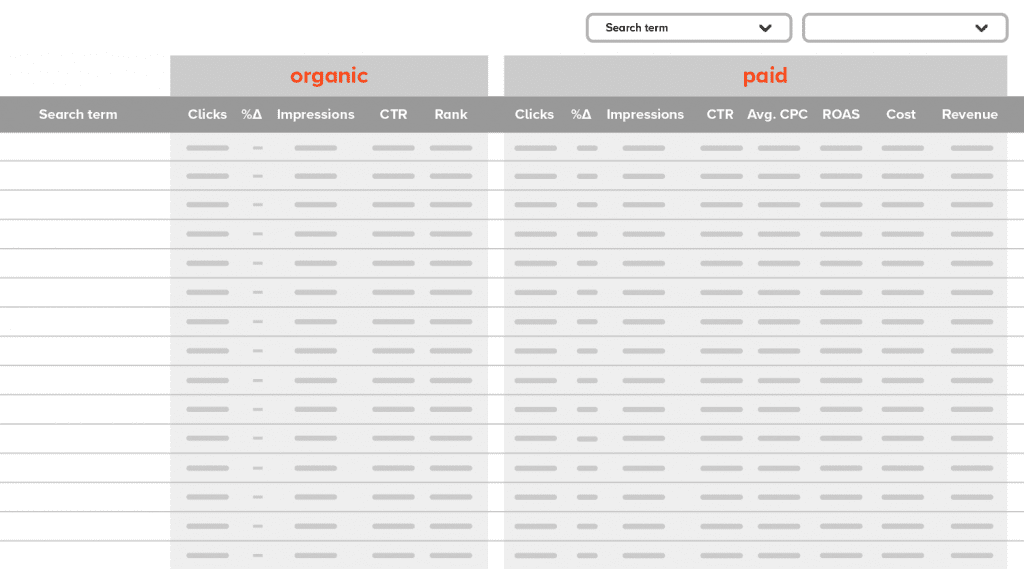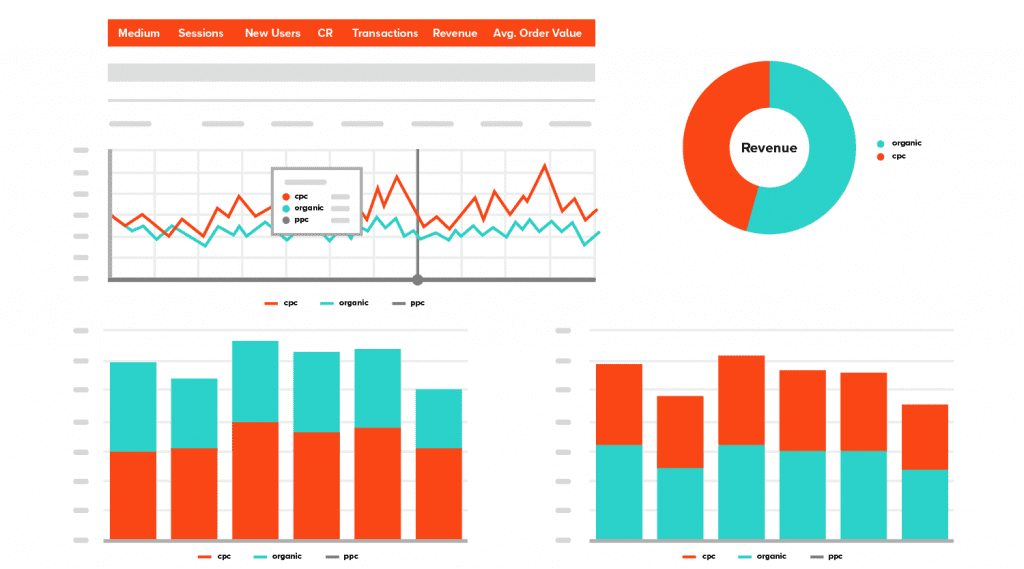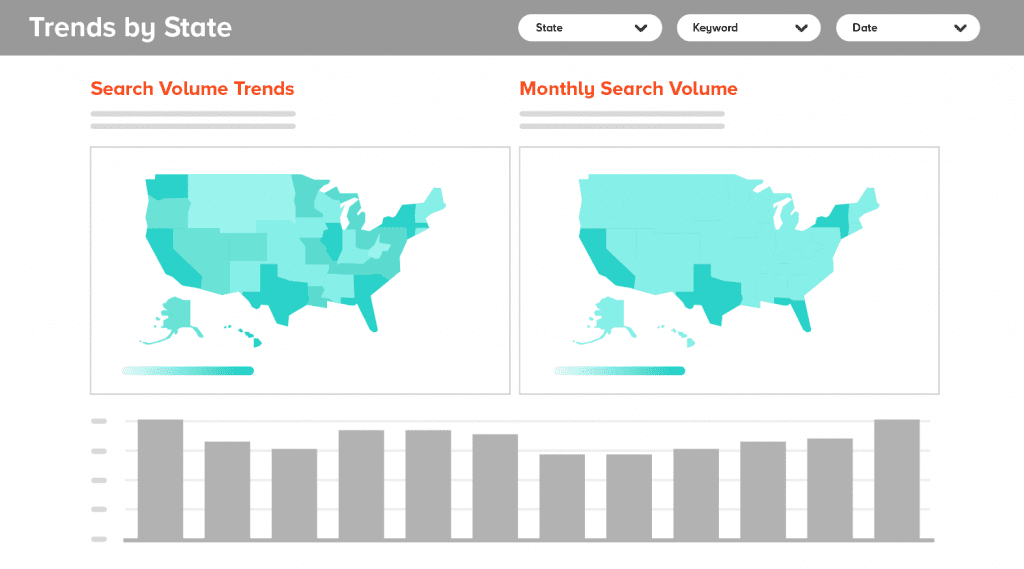Media Insights
SEO and SEM: Better, Together.
Search Engine Marketing (SEM) and Search Engine Optimization (SEO) work stronger, and more efficiently, when working together.
Together they can answer the question: how can search channels collectively deliver the best customer experience while driving the highest enterprise return?
The goal of SEM is to drive incremental search sales through audience-targeted campaigns. The goal of SEO is to drive incremental traffic and sales to your site from keyword visibility improvements. Since the channels share the same search engine results page, if they are not working together, they may be working against each other.
Holistic search is more than a traffic-driving tactic; it’s a business strategy that pushes marketers to think beyond the search engine results page to focus on maximizing enterprise return. While a holistic search approach will help increase brand visibility and drive more cost-efficient traffic, the true value of holistic search is the ability to deliver a better consumer experience that provides both short-term and long-term incremental value to the growth of your business.
Developing a Holistic Search Strategy
Not sure where to start? Here are the three steps we recommend for standing up a holistic search strategy.
1) Monitor and Analyze
Cross-Channel Key Performance Indicator (KPI) Reporting
The first step in building a holistic search strategy is to build a view of overall search performance, combining the main KPIs for each channel. The aggregated view can reveal holistic KPI growth that won’t be seen on an individual channel basis.
A holistic search strategy is built to drive revenue through the most efficient and incremental channels. For example, maybe paid search budget isn’t truly incremental and organic can cover the SERP alone while still maintaining a constant holistic search revenue line. This would drastically change percent of site revenue from paid search, but the holistic channel view together will show higher growth, higher return, and stronger incrementality.
Cross-Channel Keyword Reporting
Connecting keyword level data from Google Search Console and Google Ads will reveal how channels are performing across different keywords. This will uncover opportunities for specific channel strategies:
- Where can we pull back investment because organic is ranking high?
- Where do we need to invest more in paid to cover low organic rank?
- Do we have any keyword gaps that we need to cover?
Since Paid Search is able to get insights down to the users query level, it can help influence the kind of content in which SEO should focus its efforts on.
2) Build a Site Enhancement and Optimization Plan
Site Enhancements
For SEM, landing page optimization is essential to work towards increasing your keyword quality score. The increase in quality score will deliver more efficient cost per sessions while increasing site traffic.
For SEO, landing page relevancy signals are the main ranking factor within search algorithms. To rank for a keyword, there needs to be a single unique page that exists for the keyword and that page needs to be well optimized to effectively compete against the site that is currently ranking.
Landing Page Optimization
Landing page optimization can happen in two different ways. Landing page creation, in which new pages are built to fill a specific keyword gap. Or, landing page optimization, where you update current pages to better meet customer language, trends, and expectations.
3) Using Search Data to Unlock Consumer Trends to Drive Enterprise Value
Consumer Search Trends
Keyword analytic tools can provide visibility into consumer interest curves. This data can illustrate when customers start looking for a product or service, when interest is peaking, and when interest is low. These insights can drive incremental channel growth through product inventory reallocation and more strategic timing of category page launches.
Managing your search program holistically uncovers new opportunities that not only increase the impact of your search program, but your business overall. If you’re interested in discovering insights about how SEM and SEO can work better together for your brand, request an audit here.
Ovative is a digital-first media and measurement firm seeking to transform the measure of marketing success. At Ovative, we help brands move the needle. We are curious. We value your brand. We want to see you succeed. Connect with us to learn more!










